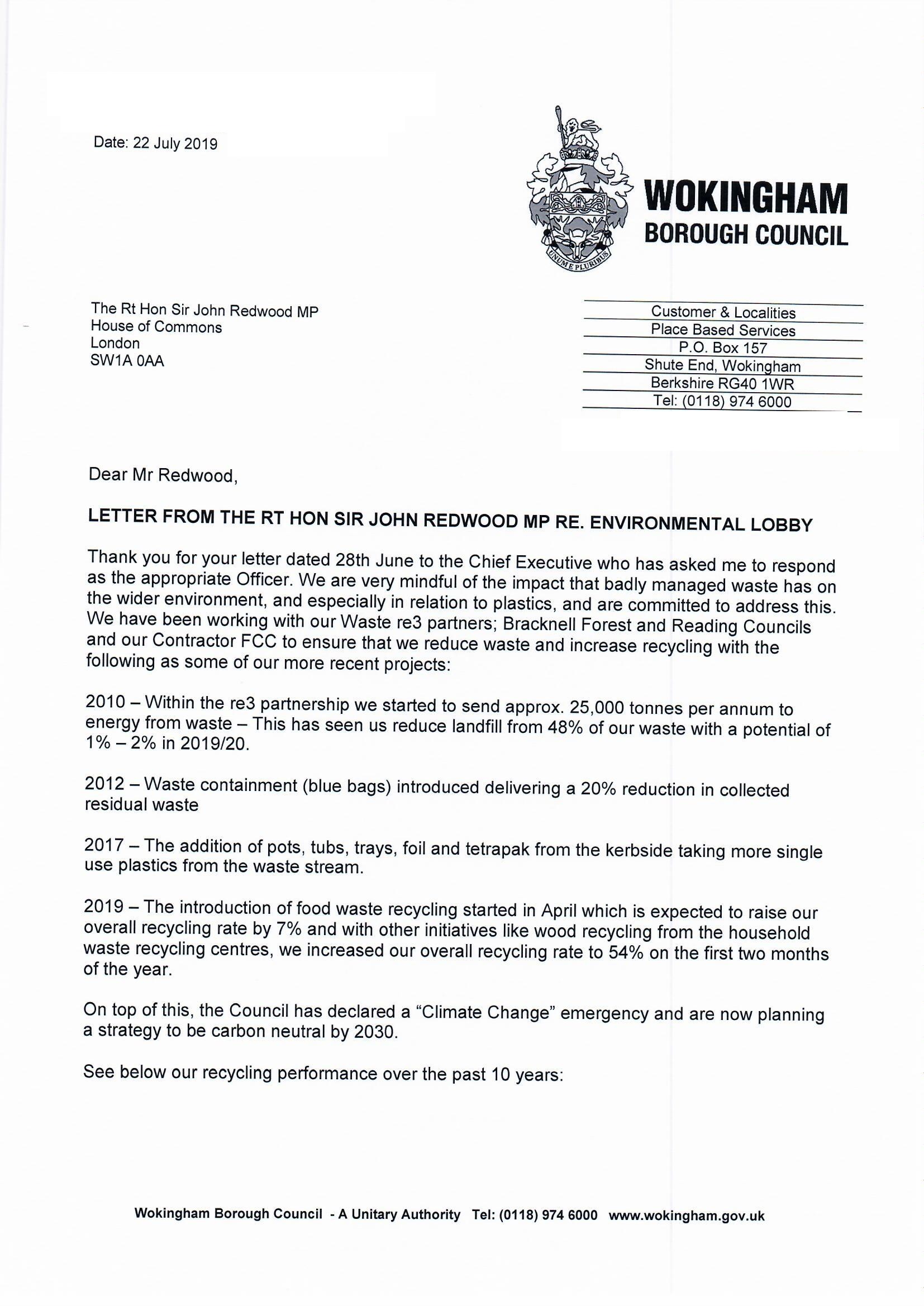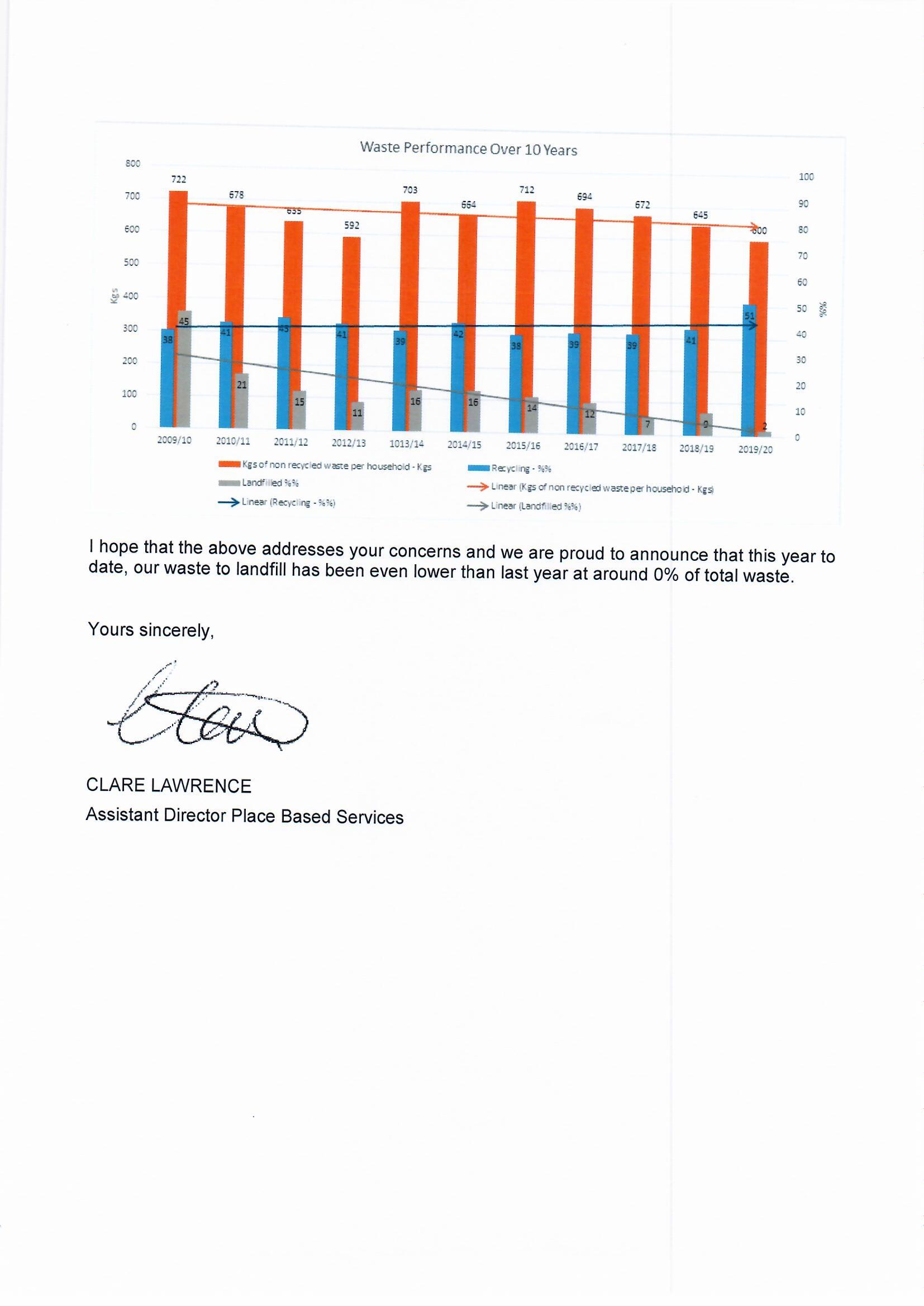What legislation should we change once we are free to make our own laws?
One of the attempted trick questions in the referendum campaign from Remain to Leave was about deregulation. Which regulations would you repeal, they asked of the Leave campaign. Presumably they hoped either that the Leave campaigner would be lost for a specific example, or would offer up a popular regulation which the public would not wish to see removed. They underestimated their opponents in this as in other matters.
The truth is there are many laws and regulations that the EU has imposed on us that are either suitable for repeal or for substantial improvement. The UK could start by repealing the damaging fishing regulations which have allowed considerable environmental damage to our fishing grounds whilst also undermining some of our fishing businesses. We could move on to removing items from VAT or choosing lower rates for others. There is no great support for 5% and 20% VAT rates on a whole range of green products, nor for the 5% VAT levy on domestic heating fuel. The interventions in our corporate tax code that have lowered our revenues could be reversed. We could do a better job on animal welfare with our own rules.
It is a strange phenomenon that many people will stand for election to the UK Parliament with a wish to become lawmakers, only to decide once they arrive that want many of our laws to be settled in Brussels so they can claim they have no ability to amend or repeal them. The UK Parliament over our years in the EU has been craven in meekly accepting every EU law and regulation, and in avoiding proper debate about it. This has damaged our democracy and widened the gulf between Parliament and people.
The continuing EC court case over VAT on commodity derivatives is a reminder of how the EU wishes to rewrite our rules against the interests of our businesses. The UK Parliament should decide our VAT law and it should not be subject to reversal by a European court.

